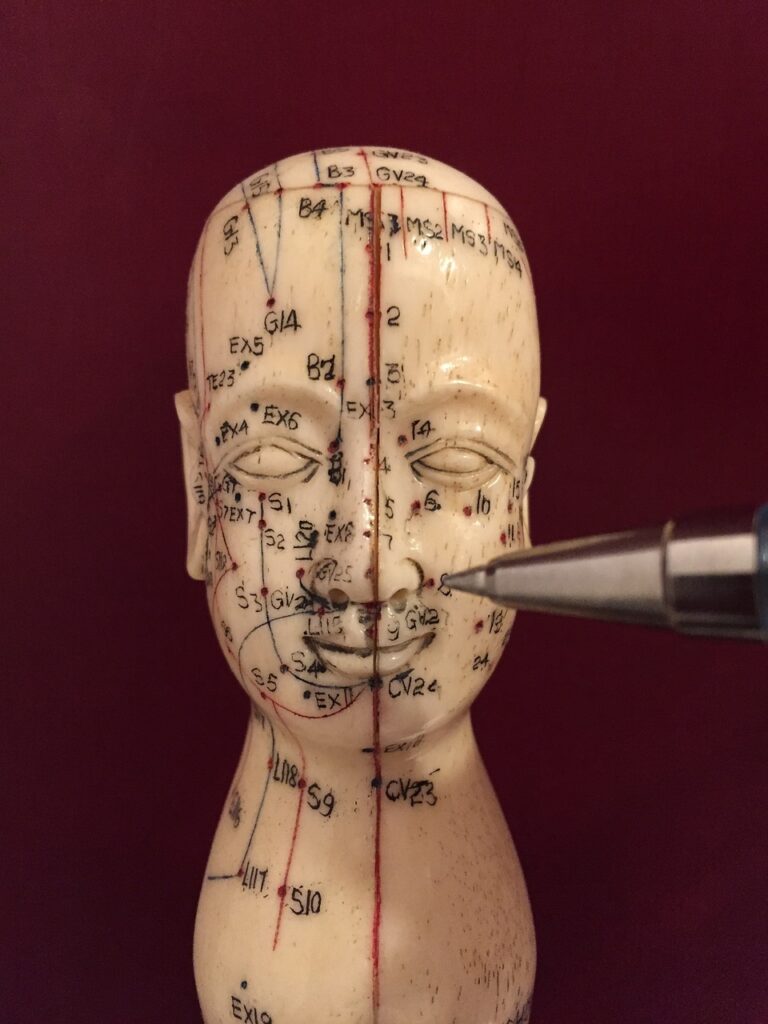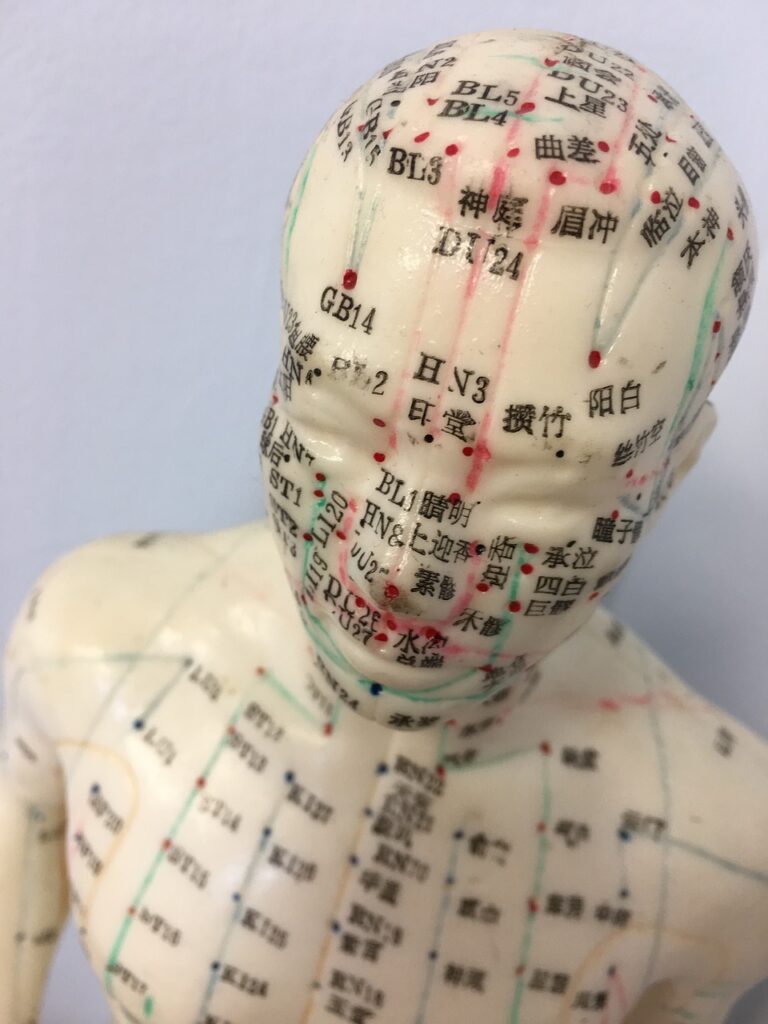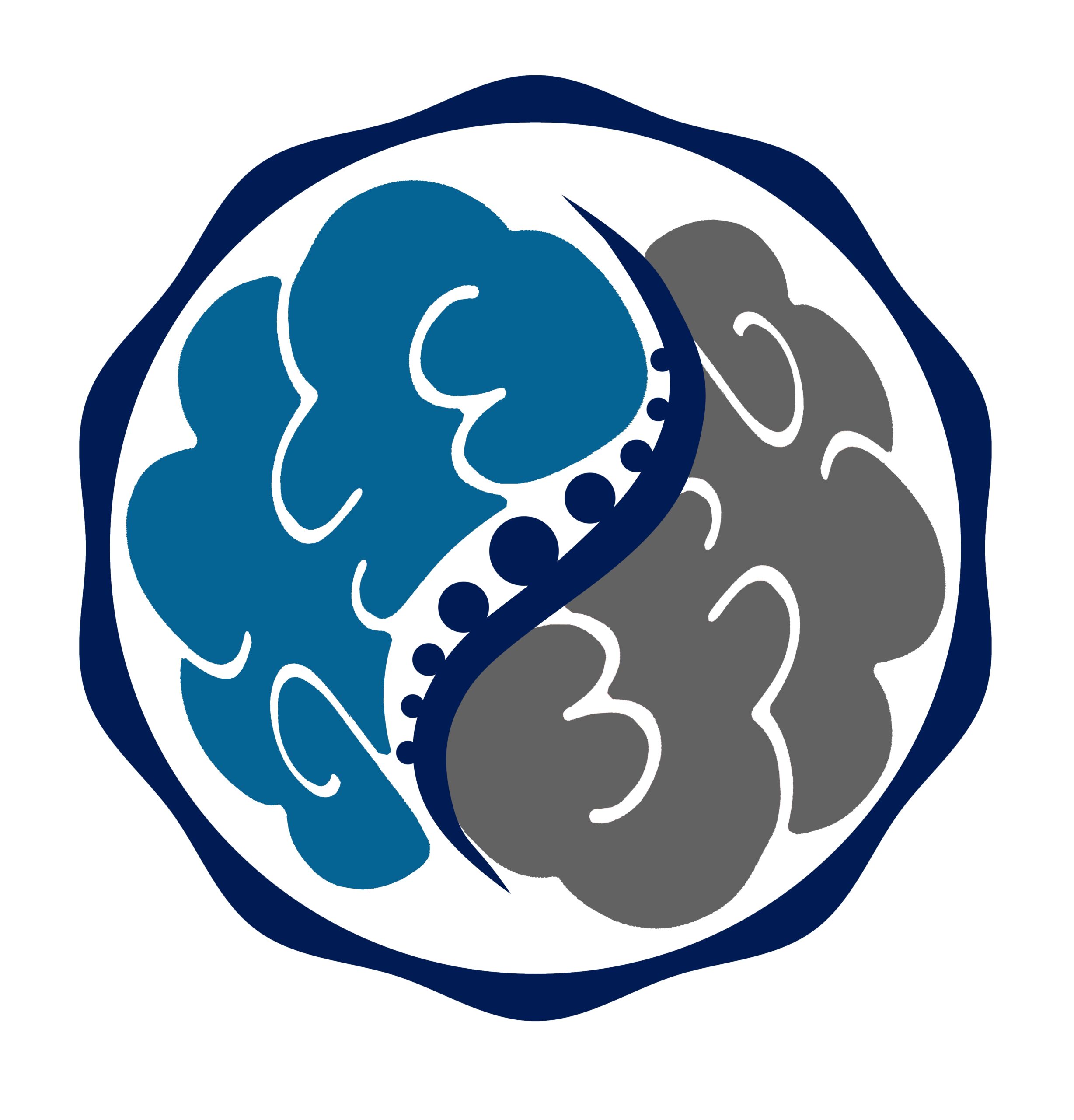Can Neuro-Acupuncture Help Manage Cerebral Palsy Symptoms Holistically?
Acupuncture in Cerebral Palsy:
Cerebral palsy (CP) is a neurological condition that affects movement, muscle tone, and posture, typically caused by brain development issues or injuries.
While traditional therapies like physical therapy and medications are essential, neuro-acupuncture, offered at the Saint George Clinic and Research Institute, provides a revolutionary approach to improving symptoms and enhancing quality of life.
What Is Neuro-Acupuncture?
Neuro-acupuncture is a specialized form of acupuncture that targets the central and peripheral nervous systems. By stimulating specific points on the scalp, body, and ears, neuro-acupuncture improves neurological function, enhances circulation, and promotes natural healing. At the Saint George Clinic and Research Institute, we utilize cutting-edge neuro-acupuncture techniques rooted in both neuroscience and holistic care. Our approach ensures personalized treatments tailored to the unique needs of each CP patient. |

How Neuro-Acupuncture Benefits Cerebral Palsy Patients
- Improving Motor Function: Neuro-acupuncture stimulates areas of the brain associated with motor control, leading to improved coordination and strength. Clinical studies show that scalp acupuncture improves gross motor function in CP patients (Journal of Alternative and Complementary Medicine).
- Reducing Muscle Stiffness and Spasticity: Muscle spasticity, a common challenge in CP, can be alleviated through neuro-acupuncture. Research published in Acupuncture in Medicine demonstrates its effectiveness in reducing muscle tension and improving flexibility (BMJ Acupuncture in Medicine).
- Supporting Neurological Recovery: Neuro-acupuncture promotes brain plasticity—the brain’s ability to rewire itself. A meta-analysis in Neural Regeneration Research found that combining acupuncture with conventional rehabilitation enhances motor and cognitive function (Neural Regeneration Research).
- Managing Pain: Neuro-acupuncture offers effective pain relief by relaxing tight muscles and regulating nervous system function. A study in the Journal of Pain Research highlights its success in alleviating chronic pain for CP patients (Journal of Pain Research).
- Enhancing Emotional and Physical Well-Being: In addition to physical benefits, neuro-acupuncture helps reduce stress, improve sleep, and promote emotional stability—key elements for improving quality of life.
Scientific Backing for Neuro-Acupuncture
At the Saint George Clinic and Research Institute, our neuro-acupuncture treatments are backed by evidence-based research.
These studies guide our treatment protocols, ensuring that our patients receive the highest level of care. |
Why Choose the Saint George Clinic and Research Institute?
The Saint George Clinic and Research Institute is at the forefront of neuro-acupuncture for cerebral palsy. We offer:
- Specialized Expertise: Our team focuses on advanced neuro-acupuncture techniques designed for neurological conditions.
- Customized Treatment Plans: Every patient receives a personalized care plan tailored to their specific needs.
- Research-Driven Approaches: As a research-focused institute, we continuously refine our methods to ensure the best outcomes.
- Compassionate Care: We prioritize patient well-being and family support, creating a welcoming and nurturing environment.

Take the Next Step Toward Better Health
If you or a loved one is living with cerebral palsy, neuro-acupuncture at the Saint George Clinic and Research Institute could provide the breakthrough you’ve been seeking.
Before contacting an acupuncturist make sure that they are licensed and in good standing.
Most licensed acupuncturists have completed a minimum of 3-4 years training at a graduate school, have passed National Board Exams administered by NCCAOM 5 and attained a State Board License, before they are allowed to practice.
Dr. Solos highest degree is a PhD in Chinese and Western Integrative Medicine. He belongs to an exclusive group of merely a handful of western practitioners to have had their full medical and clinical education in China.

